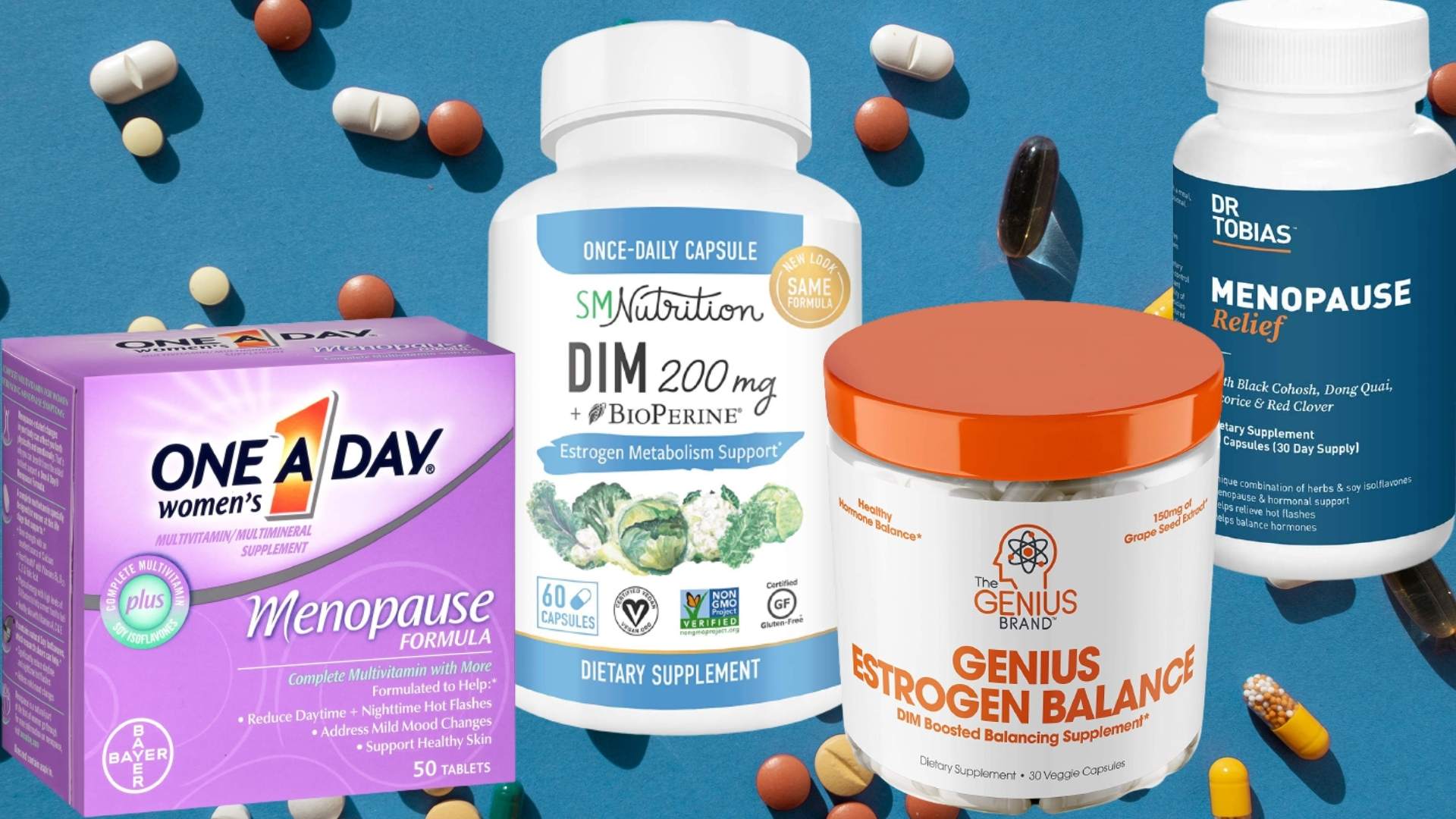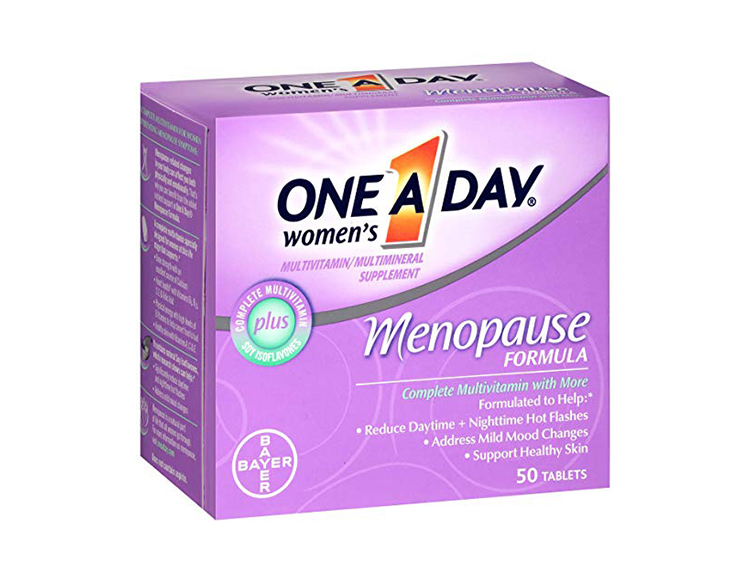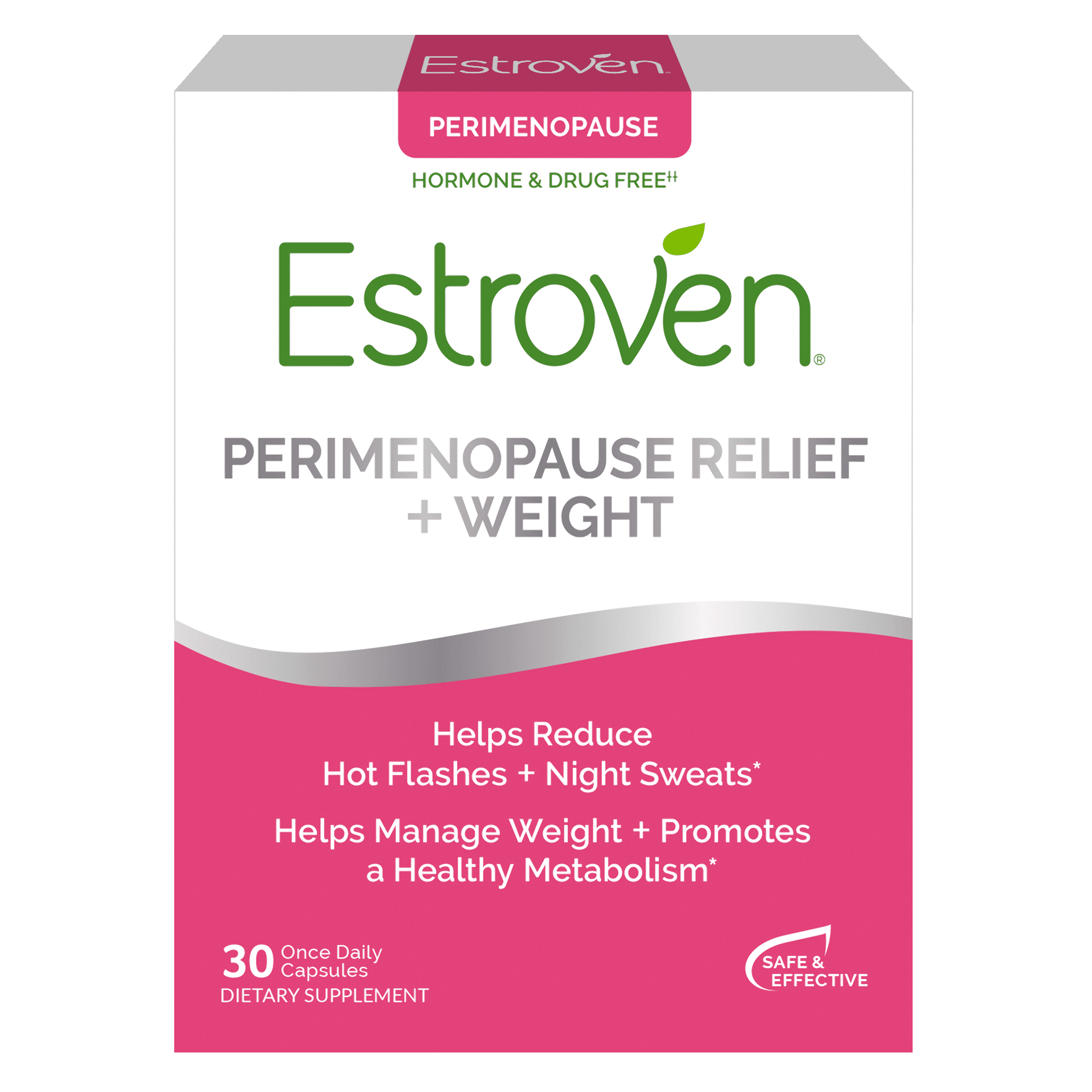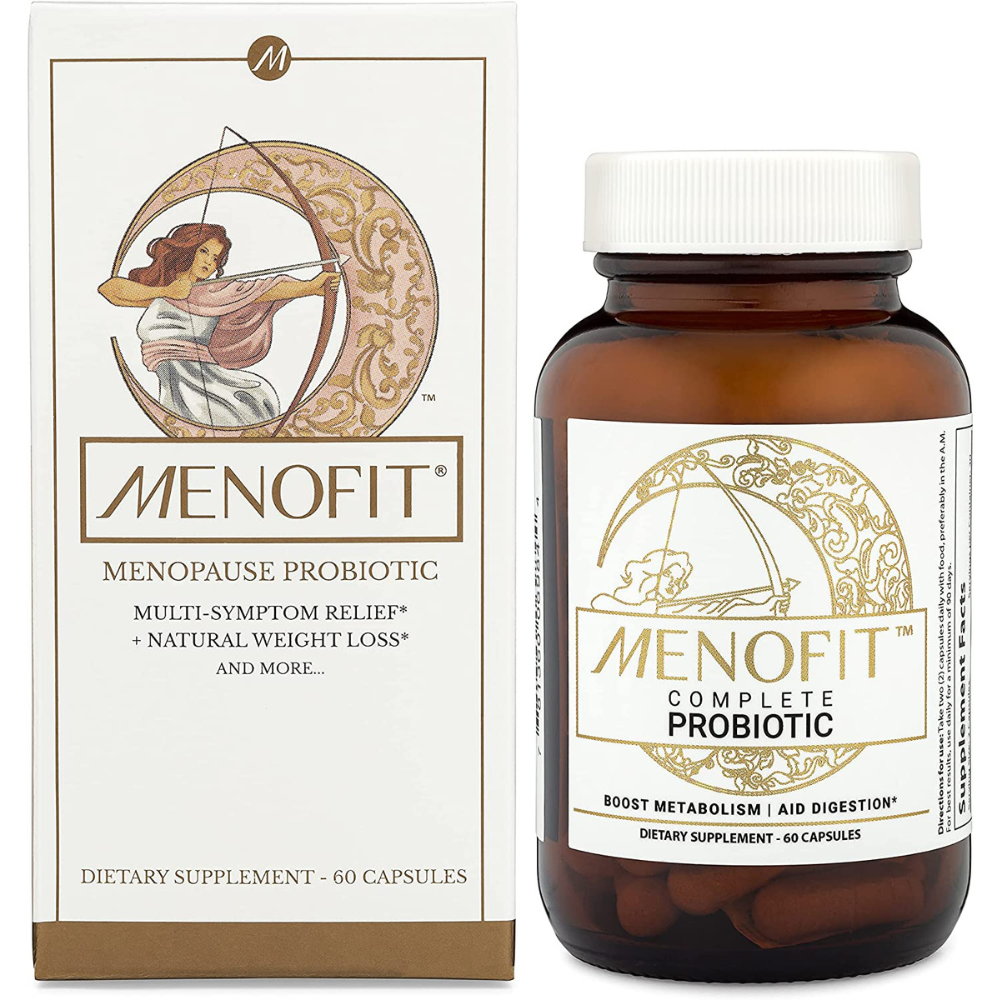Best Supplements For Weight Loss During Menopause

The hormonal rollercoaster of menopause brings with it a host of changes, and for many women, weight gain is a frustrating and unwelcome companion. This transition often sees a shift in body composition, with increased fat storage around the abdomen, making it harder to maintain a healthy weight. This has led many to explore various avenues, including dietary supplements, in the hopes of easing the process and achieving their weight management goals.
While the promise of a quick fix is tempting, navigating the world of supplements can be overwhelming. Claims of miraculous results abound, but scientific evidence often lags behind the marketing hype. It’s crucial to separate fact from fiction and understand what, if any, supplements offer genuine support for weight loss during menopause, and, most importantly, to understand the crucial role of lifestyle changes.
Understanding the Landscape
The effectiveness of weight loss supplements during menopause is a complex and often debated topic. The National Institutes of Health (NIH) cautions consumers that many supplements lack rigorous scientific backing. Furthermore, supplements can interact with medications or exacerbate existing health conditions, underscoring the importance of consulting a healthcare professional before starting any new regimen.
Menopause, characterized by a decline in estrogen levels, can impact metabolism, muscle mass, and fat distribution. Lower estrogen can contribute to reduced energy expenditure and increased appetite, further complicating weight management efforts. Therefore, supplements that address these specific hormonal shifts, alongside a healthy lifestyle, might offer some benefit.
Evidence-Based Options: Separating Fact from Fiction
Not all supplements are created equal. Some have preliminary evidence suggesting a potential role in weight management, while others are based on anecdotal claims with little to no scientific support.
Supplements with Some Evidence
Calcium and Vitamin D: While primarily known for bone health, adequate calcium and vitamin D intake may play a role in weight management during menopause. Studies, such as those published in the American Journal of Clinical Nutrition, suggest that sufficient vitamin D levels may be associated with lower body weight. However, the effect is often modest and requires further research.
Probiotics: The gut microbiome plays a significant role in overall health, including weight management. Some research indicates that specific strains of probiotics may influence metabolism and fat storage. A review published in Obesity Reviews highlighted certain Lactobacillus and Bifidobacterium strains as potentially beneficial for weight loss, but more robust studies are needed to confirm these findings in menopausal women specifically.
Green Tea Extract: Green tea extract contains catechins, particularly epigallocatechin gallate (EGCG), which have been shown to have thermogenic properties. Some studies suggest that green tea extract may increase fat oxidation and energy expenditure. However, the effects are often modest and may vary depending on individual factors. Moreover, high doses of EGCG can be harmful, so moderation is crucial.
Protein Supplements: Maintaining muscle mass is crucial during menopause, as muscle helps burn calories. Protein supplements, such as whey protein or soy protein, can help support muscle protein synthesis. This is especially beneficial when combined with resistance training. A higher protein intake can also increase satiety and reduce overall calorie consumption.
Supplements Lacking Sufficient Evidence
Many supplements marketed for weight loss during menopause lack strong scientific backing. These include products containing ingredients like raspberry ketones, garcinia cambogia, and bitter orange.
The Federal Trade Commission (FTC) has taken action against companies making unsubstantiated claims about weight loss supplements. Consumers should be wary of products that promise rapid or effortless weight loss, as these claims are often misleading.
The Importance of a Holistic Approach
While supplements might offer some support, they are not a substitute for a healthy lifestyle. A holistic approach to weight management during menopause involves a combination of strategies:
Balanced Diet: A diet rich in fruits, vegetables, whole grains, and lean protein is essential. Limiting processed foods, sugary drinks, and excessive saturated and unhealthy fats is also crucial.
Regular Exercise: Both cardiovascular exercise and strength training are important. Cardiovascular exercise helps burn calories, while strength training helps maintain muscle mass. Aim for at least 150 minutes of moderate-intensity aerobic activity per week and strength training exercises at least two days per week, according to the American Heart Association.
Stress Management: Chronic stress can lead to increased cortisol levels, which can contribute to weight gain, especially around the abdomen. Practicing stress-reducing techniques such as yoga, meditation, or spending time in nature can be beneficial.
Adequate Sleep: Sleep deprivation can disrupt hormone levels and increase appetite. Aim for 7-8 hours of quality sleep per night.
"Weight management during menopause requires a multifaceted approach, focusing on lifestyle modifications first and foremost. Supplements may play a supporting role, but they should never be considered a magic bullet." - Dr. Jane Smith, Endocrinologist.
Navigating the Supplement Landscape: A Word of Caution
Before taking any supplements, consult with a healthcare professional, such as a doctor or registered dietitian. This is especially important if you have any existing health conditions or are taking medications. They can help you determine if a supplement is safe and appropriate for you, and advise you on proper dosage and potential interactions.
Choose supplements from reputable brands that have been third-party tested for quality and purity. Look for certifications from organizations like NSF International or USP, which verify that the supplement contains the ingredients listed on the label and does not contain harmful contaminants.
Be wary of exaggerated claims and products that promise unrealistic results. If a supplement sounds too good to be true, it probably is.
Looking Ahead: The Future of Research
Research into the role of supplements in weight management during menopause is ongoing. Future studies may shed more light on the effectiveness of specific supplements and identify new strategies for supporting healthy weight during this transitional phase of life. More research is needed to understand the long-term effects of supplements and to identify personalized approaches that cater to individual needs.
As research evolves, it's crucial to stay informed and consult with healthcare professionals to make evidence-based decisions about your health. The best approach to weight management during menopause remains a combination of healthy lifestyle choices, personalized medical advice, and, potentially, the judicious use of supplements based on solid scientific evidence.


















